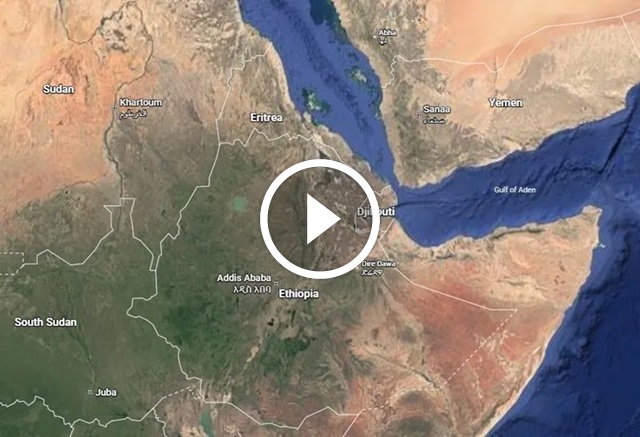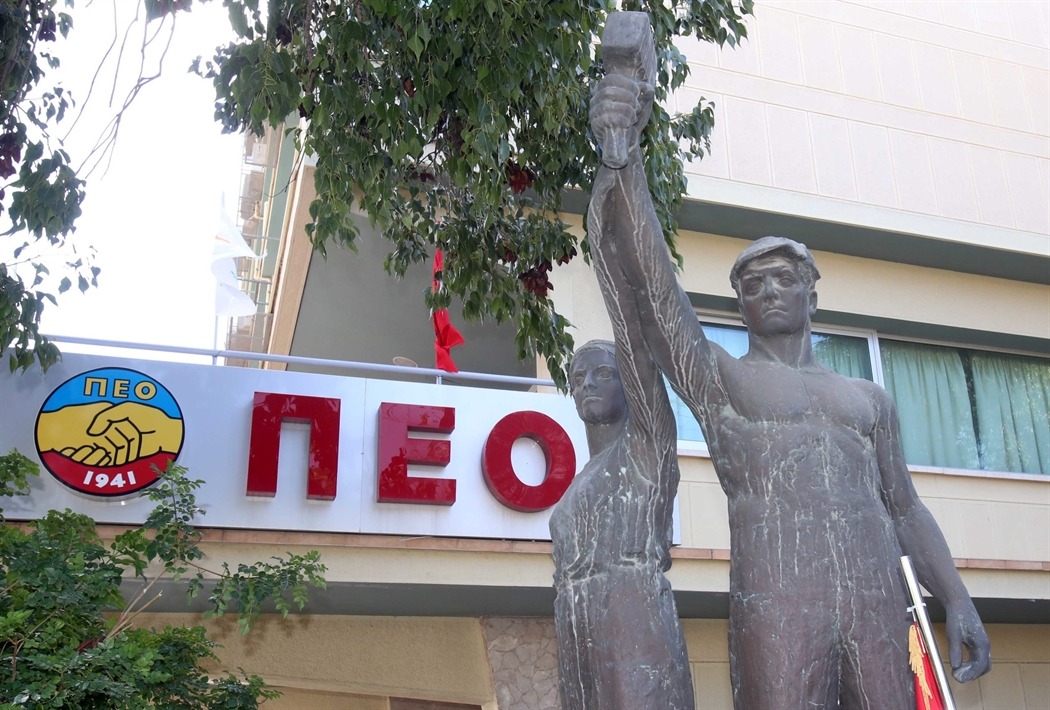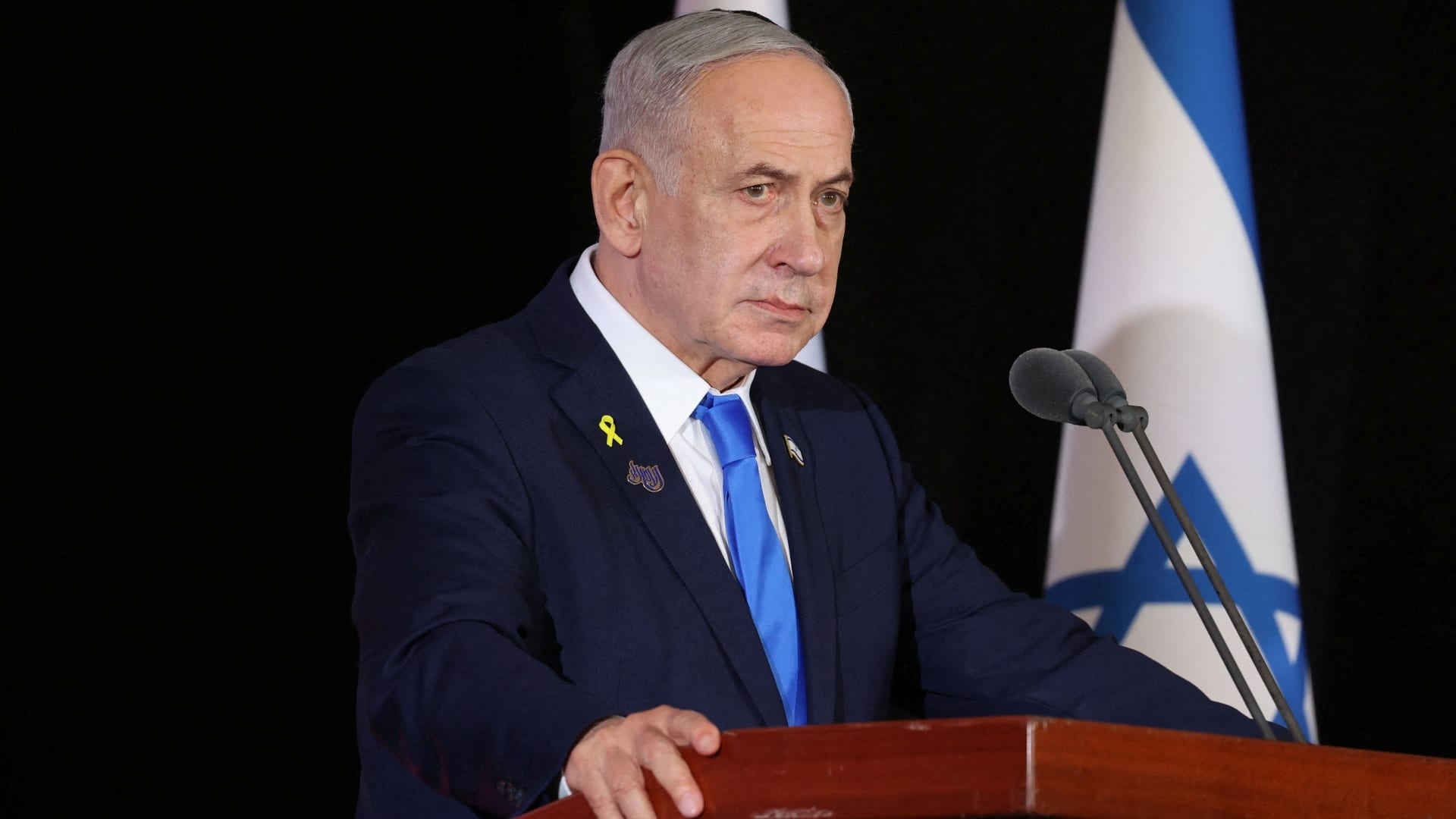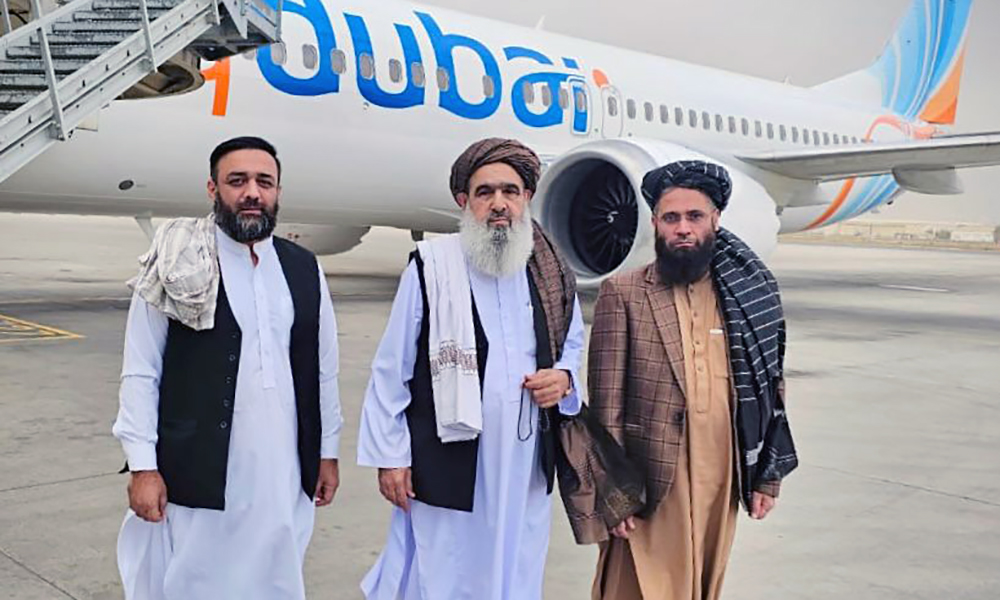Copyright zehabesha

By Said G Osman Quote from Eckhart Tolle: The power for creating a better future is contained in the present moment: You create a good future by creating a good present. Quote from Lee Kuan Yew, late PM of Singapore: “I am calculating not in terms of the next election … I am calculating in terms of the next generation; in terms of the next 100 years; in terms of eternity.” Archeological studies over the last decades have established today’s Ethiopia as the cradle of mankind. That means, based on what we know so far, the first human beings and their ancestors lived in Ethiopia, and then over the hundreds of thousands of years they spread to other continents. Exposed to various climates and other environmental conditions across the globe people with certain genetic makeup survived through genetic mutations and others perished. That is how people with different skin colors, hair textures, and other physical appearances emerged, but brain/nervous system and all other systems remained resilient! As technologies advanced and people from different parts of the world intermingled more frequently, less diverse physical features are slowly emerging and maybe in the next two centuries there may be one human race in the world, firmly confirming the circular path of human history! My view of how ethnic divisions evolved in Ethiopia While we do not have precise history of how the human population grew and spread throughout Ethiopia from the beginning, it is safe to assume that as their numbers grew, the natural resources they depended upon were not enough to maintain all of them. That would lead to clashes between groups, and the winners retain the territory while the losers move away to find another location far away from the enemy. Because of lack of communication with the former neighbors, over tens and hundreds of years they develop their own identities, cultures, languages, and ways of life. This pattern of growth and spread of population continues to the point where most of the territory was occupied, and to survive, each group must fight viciously against those they considered intruders. The cost of the war became so high that boundaries developed so that each group or tribe might thrive if they respected those boundaries. The boundaries might be a natural landmark like river, mountain, desert, etc., or a buffer zone. From time to time, because of lack of natural resources such as water, grassland, etc., one tribe may cross the boundary and start another conflict. Over time, as Ethiopian national administration evolved, relationships between various ethnic groups which had emerged over centuries developed some level of relatively peaceful co-existence. But sadly the determination of one tribe to dominate or resist dominance by others are still fueling conflict in Ethiopia today in 21st Century! What can we do to collectively create a good environment today so that Ethiopia will have a good future? There are certain natural and instinctive behaviors which we often use, and they invariably lead to results which are contrary to what we desire whether at a personal, community, national or international context. Here they are, and you can add to the list: Winning at the expense of others: This strategy is used at every level of human interactions. The consequences can be devastating! Think about the African continent under the colonial powers, or the inter-ethnic conflicts in Ethiopia! The winner’s time is limited, and that time is not necessarily a happy one because the winner is constantly preparing for a backlash from the loser. In the case of inter-ethnic conflicts, do all the people on the winner’s side benefit? Absolutely not, the main beneficiaries are the leaders of the movement who often live far away from the battleground! Human beings have achieved great progress in history by working together on WIN-WIN strategy where people from different backgrounds come together for the benefit of all and find solutions to their common problems. Where would Ethiopia be today if all its ethnic groups came together and solved common problems instead of using their resources buying weapons and killing each other? Criticizing to make the case and win a point:It is a universal standard in politics and media across the globe, and the more freely one can practice it the more division and hostilities it can potentially create, especially in places like Ethiopia where democratic rule of law had never been freely practiced. For decades in modern times, Ethiopia has been struggling with natural disasters and destructive inter-ethnic clashes. As we all know, no group of people are immune from the consequences of these tragic developments. My message is simple – if you criticize and win the argument you LOSE a friend or co-worker and if you criticize and lose the argument, you lose both a friend or co-worker and your argument! Differences of opinion are some of the best gifts human beings are given and respectfully sharing these opinions and learning from each other is what leads to progress for the benefit of all. Ethiopia, the cradle of mankind, can craft a better way to handle crises in amicable fashion and make progress instead of endlessly pointing accusing fingers to each other. The power of this strategy was demonstrated over 100 years ago when Ethiopia won the Battle of Adwa against Italy! What have we learned from that experience? Repeating same thing over and over again and expecting a different outcome – Albert Einstein’s definition of insanity:While we do not have the exact history where and how inter-ethnic clashes started in Ethiopia, for the last several decades, these clashes have been escalating. The triggers to these clashes include raids from neighboring groups, land grabbing, fights over grazing lands and waterholes, etc. While the logic of the conflicts has not changed much, the use of modern weapons and politics has made them much more dangerous. Today, these inter-ethnic conflicts are at the national political level. How about moving away from these destructive strategies and finding lasting solutions for Ethiopia and its suffering citizens! The most constant aspect of life is CHANGE, yet change is something we instinctively resist: I am about an hour older than when I started writing this piece, and I’ll never get it back. The systems of my body are changing all the time to adjust to the environment and what I do; the day is constantly changing; climate is constantly changing! Yet, as human beings we are reluctant to change what we have learned, because learning new ways of doing things is considered a burden – why change when I am comfortable with my way of doing things? So, if I am living in rural Ethiopia as a farmer or a pastural nomad, I most likely have been using the strategies of our older generations to solve today’s problems because that was I was taught growing up, and with my limited goals in life, that would be enough for me. Today, that kind of inherited mindset is what is holding back the nation, and it is our common duty to chart way forward for Ethiopia’s better future! Mind you, the whole world is in chaos today mainly because of adherence to the mindsets strategies that worked well to solve problems after the 2ndWorld War! Both in terms philosophical perspectives and strategic dimensions, GIVE-AND-TAKE strategy determines the values of human relationships: A good example is Confucius’s (Chinese philosopher of 500s BCE) emphasis of reciprocity: “Do not do to others what you do not want done to yourself.” Harmony is the product of mutual respect, whether at personal, communal, or national level. Today, nearly 3,000 years later, that Conficius’s principle is even more relevant because of the dangerous world we live in. In countries which have led the world in most areas of human achievements for the last several decades, today we are witnessing regression and chaos. It reminds us about human vulnerabilities and the necessity of harmony. Hurting people because of our perceived power and security will only make us all vulnerable to the revenge of those whom we hurt. Put yourself sincerely in the other person’s shoes, and assess his/her point of view: You may find yourself faced with a situation where you feel the leader of the nation does something you consider unreasonable, dangerous, costly, etc. The knee jerk reaction is to create reasons and blame the leader for his/her action! But pretend you are in exactly that spot as that leader and try to understand the rationale for his/her action. Unless you do that, you will most likely end up taking inappropriate action for the perceived misdeed, and that will only make a difficult situation even worse! The leader of a nation has many heavy responsibilities and many challenges facing him/ her – inter-ethnic conflicts with thousands of vulnerable communities internally displaced and suffering; famine leading to starvation across the nation; disease outbreaks needing all available resources to mitigate disastrous outcomes; developments to improve national economy; conflicts with hostile neighbors; failure to receive the support from friendly nations on which your nation had hitherto relied in difficult circumstances, etc. Understanding all the challenges the nation faces and fairly assessing the leader’s action and making positive contribution is the way to participate in helping the nation steer out of difficult situations. Today we find ourselves in a chaotic world where the systems of governance which we had all believed in and revered are showing signs of instability. While such developments are scary, they provide the opportunity for us to ask ourselves how we got here and what we should do to improve the future for ourselves, our children, and the world at large! As listed above, there is failure to appreciate the fact that we are all biologically interconnected and physical appearances bely our shared genetic foundation; the main failure of human relationships whether at individual, community, national or international level, is the desire to achieve our goals at the expense of others; repeating the same mistakes repeatedly and expecting different outcomes – the example being the endless inter-ethnic conflicts in Ethiopia which are getting worse and more dangerous with time. We all have personal challenges in our lives whether related to health, financial, professional, legal or other circumstances. But in addition to personal challenges, a national leader faces many, much bigger challenges which impact the lives of millions of people. Those challenges become even more serious when the nation does not have an established democratic system, resources to rely on, and is tearing itself apart with perennial inter-ethnic conflicts. As Ethiopians and products of Ethiopians we all have the responsibility to positively contribute to the future of our Motherland. This, as listed above, can be done without pointing accusing fingers at anyone or the administration, but addressing the challenges by suggesting or providing solutions. Said G Osman



